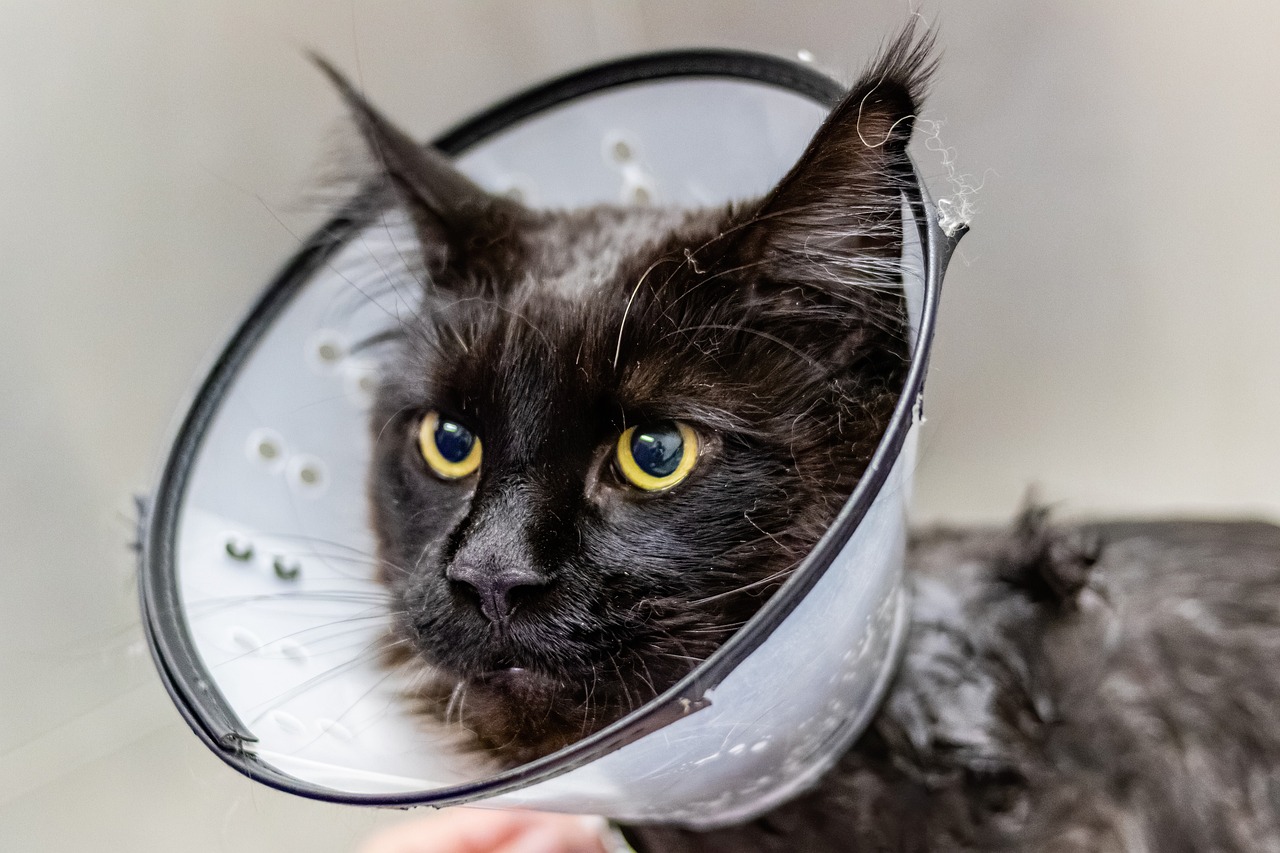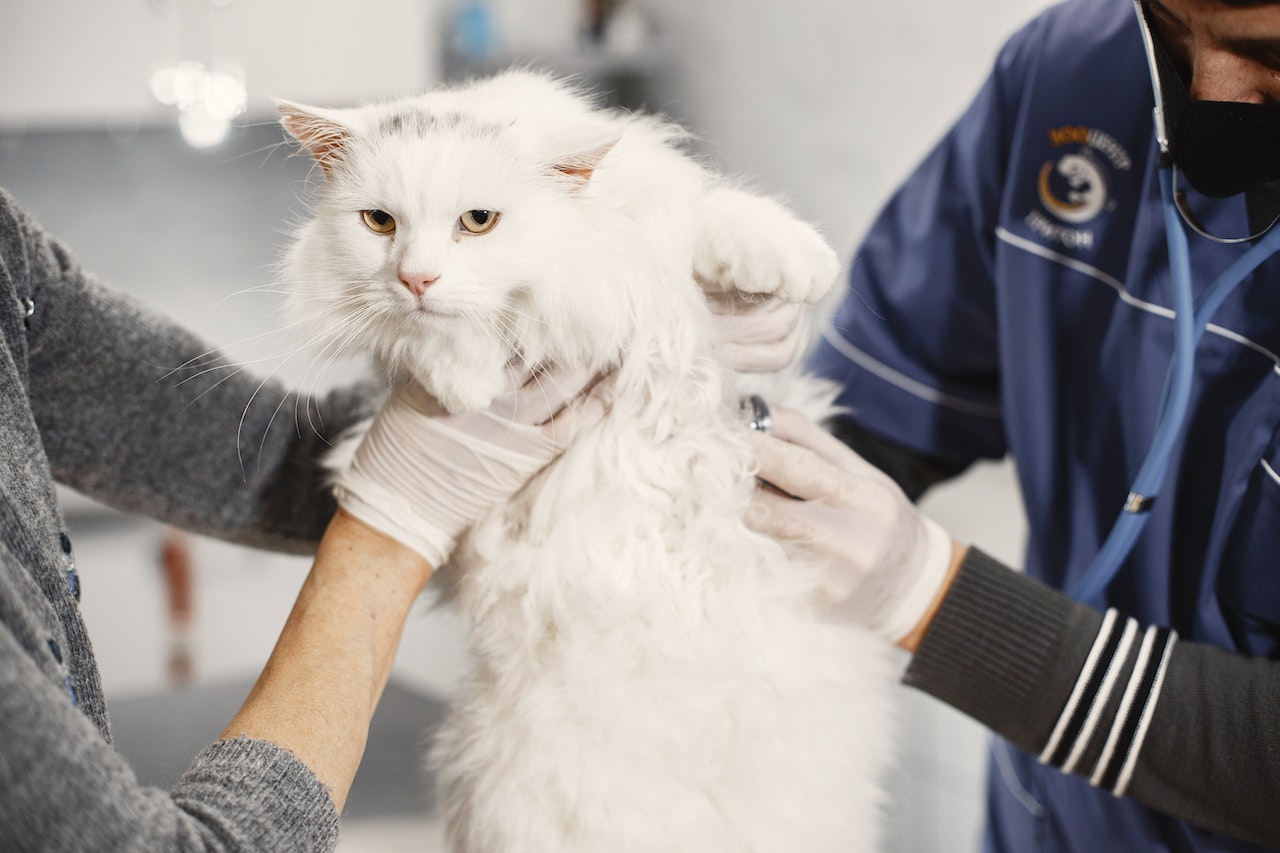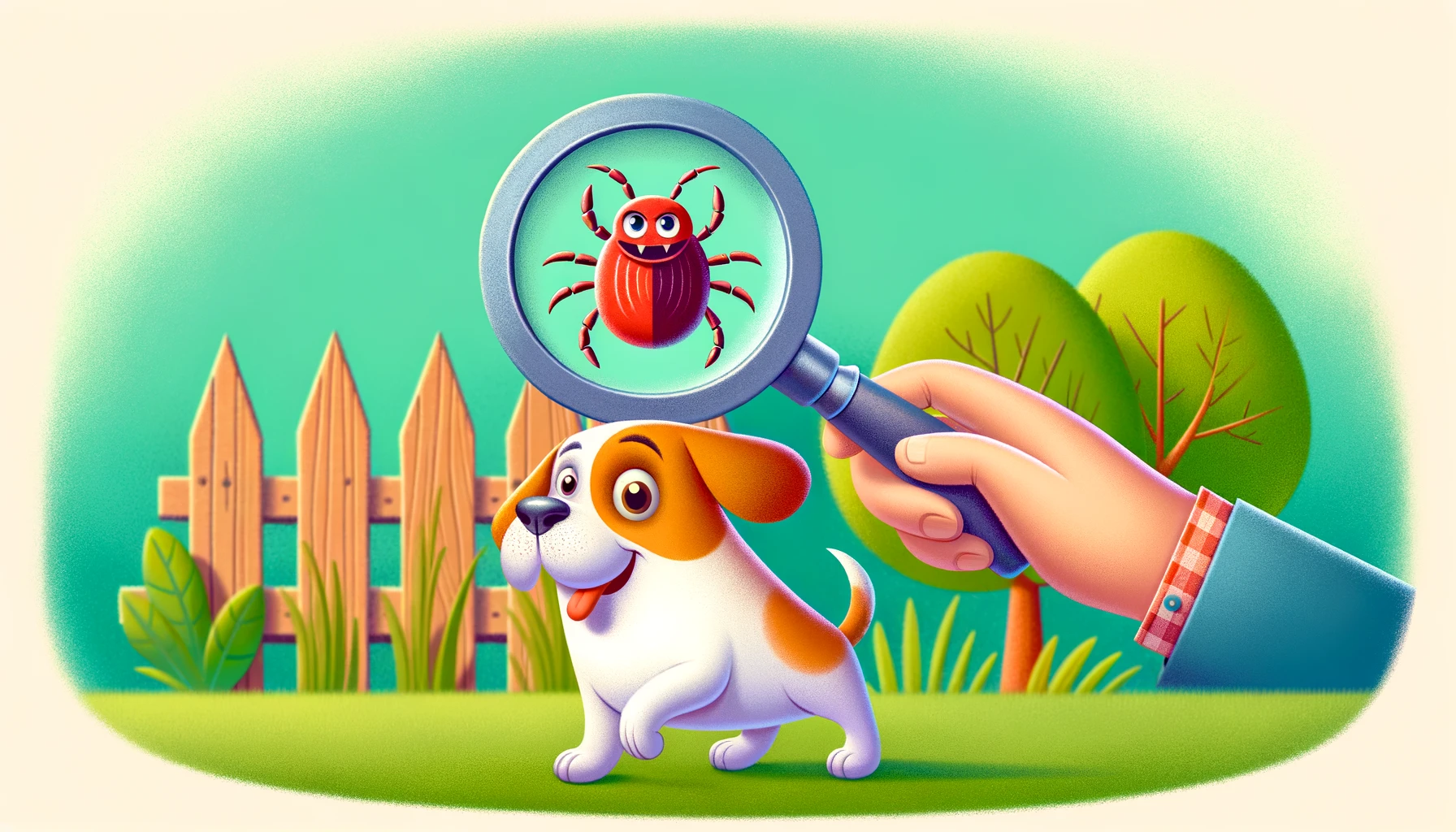Cats! The regal, disdainful and sometimes hilariously indifferent creatures that grace our lives. They’ve ruled Ancient Egypt and now, our Instagram feeds. Between their dramatic stares and acrobatic feats that would put any gymnast to shame, there’s no denying that these feline wonders also, occasionally, like to take a little dive into the pool of health issues. And when they do, it’s always a big deal. Why? Because cats have a knack for drama.
But before you roll your eyes at the next cat-tastrophe, let’s look at the real lowdown on the most common health problems in our purring overlords.
1. Hairballs: The Cat’s Gift That Keeps on Giving
We all know that cats are the original influencers, right? And what’s more on-brand for a cat than coughing up a delightful hairball, just for you, in the most conspicuous spot possible? In between their meticulous grooming sessions, cats swallow loose hair. Most of it passes through the digestive system (yawn, boring). But some of it decides to linger and form a “party ball” – more commonly known as a hairball. Typically, your feline friend will ‘gift’ it to you by regurgitating it. Oh, joy!
Advice: Regular grooming sessions can help reduce hairballs, especially for long-haired breeds. Plus, there are hairball remedies and specialized cat foods available that can aid in prevention. The bonus? You’ll spend more quality time brushing your cat and less time stepping on surprise presents.
2. Dental Disease: Because Fresh Breath is Overrated
Who needs fresh breath when you can have dental disease, right? Dental issues are incredibly common in cats. Gingivitis, periodontal disease, and yes, bad breath, can plague our feline friends. Ignored teeth can lead to more serious problems like infections and tooth loss. And let’s be honest, how can your cat maintain its regal aura with missing teeth?
Advice: Annual dental check-ups are a must. Also, consider investing in dental toys, treats, or even brushing those kitty teeth (if you dare) to keep those pearly whites in check.
3. Urinary Tract Issues: Drama at its Pinnacle
Cats and their urinary systems have a relationship status that reads “It’s complicated.” From infections to blockages to the aptly named Feline Lower Urinary Tract Disease (FLUTD), these issues can be a major source of discomfort for your feline. Signs include frequent trips to the litter box, meowing while urinating, or (gasp) peeing outside the box.
Advice: Keep an eye on your cat’s litter box habits. Increased water intake and specialized diets can help. If your cat looks like it’s recreating a scene from a tragic opera every time it tries to pee, it’s vet time!
4. Overeating and Obesity: Because a Few Extra Pounds is Just More Cat to Love, Right?
Ah, the fluffy feline belly! It’s adorable, right up until it’s a sign of kitty obesity. Our pampered indoor cats can sometimes enjoy their food bowls a tad too much. Couple that with the sedentary lifestyle of a modern indoor cat, and voilà! You’ve got a feline who’s more chubby than cheetah.
Advice: Monitor food portions and provide toys or interactive activities. A little game of “chase the laser pointer” or an exercise wheel can make a world of difference. Remember, it’s not body shaming; it’s about keeping them healthy!
5. Parasites: The Uninvited Party Guests
From fleas to worms, parasites love to party on and in our feline companions. And honestly, who can blame them? Cats are fabulous hosts! The downside? These pesky invaders can cause a myriad of health problems, from itchy skin to digestive issues.
Advice: Regular vet check-ups, preventative treatments, and keeping your living space clean can ensure these unwanted guests don’t overstay their welcome.
6. Chronic Kidney Disease: A Senior Cat’s Badge of Honor
As cats age, they, like us, become prone to certain ailments. One of the most common? Chronic kidney disease. You’d think with nine lives, they’d get kidneys that last a bit longer, but alas, nature has its quirks.
Advice: Regular blood tests and vet visits can detect early signs. Special diets and medications can manage the disease, helping your senior cat strut its stuff for years to come.
7. Allergies: Because Cats Want to Be Sneezing Memes Too
Just when you thought sneezing cats couldn’t get any cuter, it turns out that some of them are actually showing signs of allergies. Whether it’s to pollen, certain foods, or the low-quality catnip you bought on sale, allergies can make your feline feel less than purr-fect.
Advice: If you notice excessive scratching, sneezing, or any skin issues, consult your vet. Allergies are manageable once you identify the culprit. Just think of it as a detective game where the prize is a happy cat!
So, there you have it – the not-so-fabulous world of feline health problems. As unpredictable as they are with their mood swings, their health concerns can also catch us off-guard. But with a little knowledge, a lot of love, and perhaps a dash of catnip (the good stuff, please!), you can keep your cat healthy, happy, and ready for their next dramatic performance. After all, the world is their stage, and we’re just lucky to be in the audience.
Purr-fectly Useful Pro Tips for Cat Parents Everywhere:
- Hydration Station: Always ensure your cat has access to fresh water. Consider a cat water fountain if your feline is finicky about stagnant water; the running water can entice them to drink more.
- High-Quality Chow: Not all cat foods are created equal. Research and choose a high-quality diet suited for your cat’s age, weight, and health needs. The right nutrients can prevent a multitude of health issues down the road. Find out more: What Kind of Food Should You Feed Your Cat?
- Playtime is Vital: Physical activity isn’t just for dogs. Regular play keeps cats mentally stimulated and physically fit. Plus, it’s a great bonding activity. Invest in toys that mimic hunting, like feather wands and interactive laser toys.
- Safe Spaces: Ensure your cat has safe spaces in your home, like a cozy nook or perch, where they can retreat and relax. A stressed cat is more susceptible to health issues.
- Regular Vet Visits: Even if Mr. Whiskers seems in tip-top shape, annual vet check-ups can catch potential issues early. Think of it as their spa day (even if they might not agree).
- Limit Outdoor Exposure: If your cat roams outside, be vigilant. Outdoor cats are more susceptible to injuries, parasites, and infectious diseases. Consider a leash walk or a catio for controlled outdoor experiences.
- Clean Litter, Happy Kitty: Scoop the litter box daily and change the litter regularly. A clean box not only prevents infections but also ensures your feline friend will use it consistently.
- Scratch the Itch: Provide scratching posts or pads. Not only does this save your furniture, but it also helps cats shed old claw layers, stretch their bodies, and mark territory.
- Stay Educated: Cats can’t tell us when they’re feeling off, but a keen eye can spot subtle changes in behavior or habits. Learn about common cat health issues and be vigilant.
- Pet Insurance: Consider investing in pet insurance. This can greatly reduce costs for any unforeseen health issues and ensure that your feline gets the best care possible without breaking the bank.
Remember, our whiskered companions rely on us for their well-being. A proactive approach, combined with a dash of love (and maybe a treat or two), can ensure they live a healthy, contented, and purr-filled life!
Frequently Asked Questions (FAQs) About Common Cat Health Problems
Absolutely! Regular vet check-ups can detect early signs of health problems that might not be visibly apparent. It’s always better to be proactive rather than reactive when it comes to your feline’s health.
It’s recommended to scoop out waste daily and completely change the litter at least once a week, or more frequently if you notice it’s particularly dirty. This can vary based on the type of litter you use and your cat’s bathroom habits.
Common signs include bad breath, reddened gums, drooling, difficulty chewing, and even weight loss. Regularly checking your cat’s teeth and gums can help spot potential issues.
No, cats have different dietary requirements than dogs. Feeding cat-specific food ensures they get the essential nutrients, like taurine, which they can’t produce on their own.
Occasional hairballs are normal, especially for long-haired breeds. However, frequent hairballs or signs of choking and distress while coughing one up should be addressed with a vet.
Not always. While allergies can cause scratching, other culprits include fleas, mites, fungal infections, or even stress. It’s important to consult a vet to pinpoint the cause.
An overweight cat might have a noticeable belly hanging down, and you might not feel its ribs easily when you pet its side. If you’re unsure, a vet can provide a clear assessment.
Yes, many cats live healthy and happy lives indoors. In fact, indoor cats often face fewer risks like traffic, predators, and diseases compared to their outdoor counterparts.
The jury is still out on this one. Some theories suggest it helps with the elimination of hairballs or that it provides some trace nutrients. However, consuming large amounts can be harmful, so always monitor their grass-eating habits.
This could be due to medical issues, like UTIs or kidney problems, or behavioral reasons such as a dirty litter box, stress, or changes in the home environment. It’s essential to consult with a vet to determine the cause.



